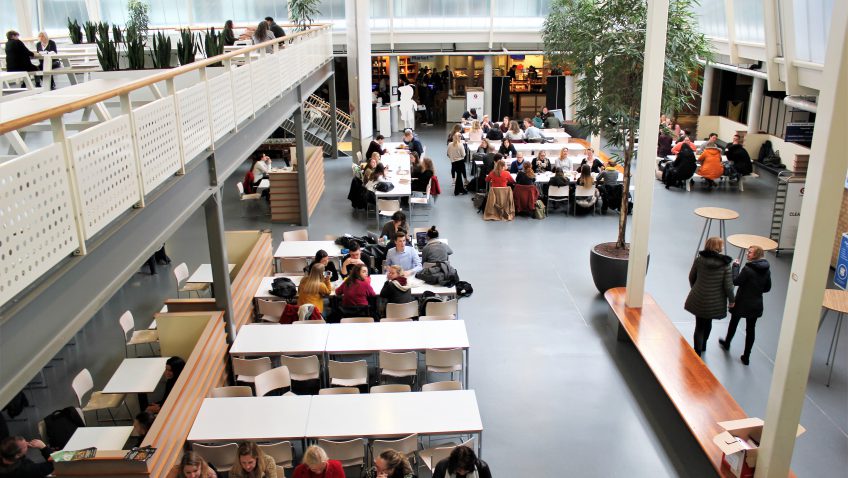Regional collaboration against teacher shortage
- Financial problems from the division mainly caused by the large number of unpaid students
- Regional collaboration must endorse the teacher education study programmes
This is nothing new. French, English, Math, human and nature- the small teacher education study programmes from the Human movement and education division are expensive. Besides that they are shrinking as well. The Executive board wanted to know exactly what is going on and asked the division to investigate all the numbers. Controller Marinus Zandvoort presented his findings. A core problem is that a third of the students are unpaid. Thirty percent of the newly enrolled students have spent their government financed years at other study programmes or educational institutes, and thus are “expensive.” This problem is not easy to solve. Merging smaller subjects into a couple of “limited knowledge areas” is an often suggested solution, which according to Zandvoort does not solve a lot. Closing study programmes is not an option according to director Bert Meijer. Those students are just going to do something else. We would educate less teachers and that is not what we want.
Meijer has presented the Executive board with three scenarios: “ The first is continuing as is, the same dynamics with the same questions and discussions every year. In the second scenario I ask for basic financing for a period of four or 5 years to get rid of that. This removes pressure from the study programmes. The pressure on the workload from the last couple of years was already very high. This also includes the pressure to make a start with innovation.” Meijer`s third scenario is about fundamentally changing the sector. Windesheim needs to collaborate with other universities of applied science – however, the executive boards and organisations in this sector need to put in a lot of effort. There is a new initiative with VIIA, KPZ and with the regional education centres for vocational education (MBO) Deltion, Landstede and Menso Alting, to tackle the teacher shortage in the region.
Meijer:” There is a lot of talk about clustering study programmes and study programs for primary and secondary education. By doing this the problem can be partly solved. It is a task for the entire educational sector. We need to develop new educational and organizational forms.” (MH)
